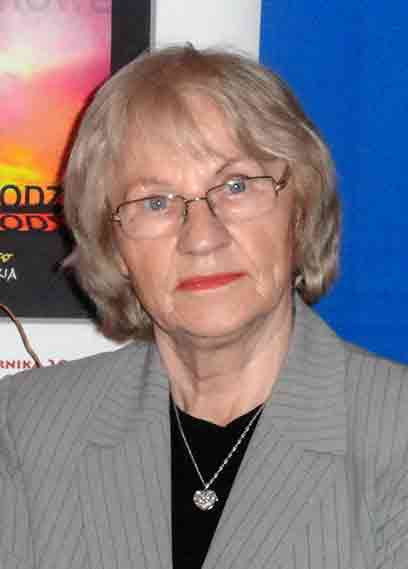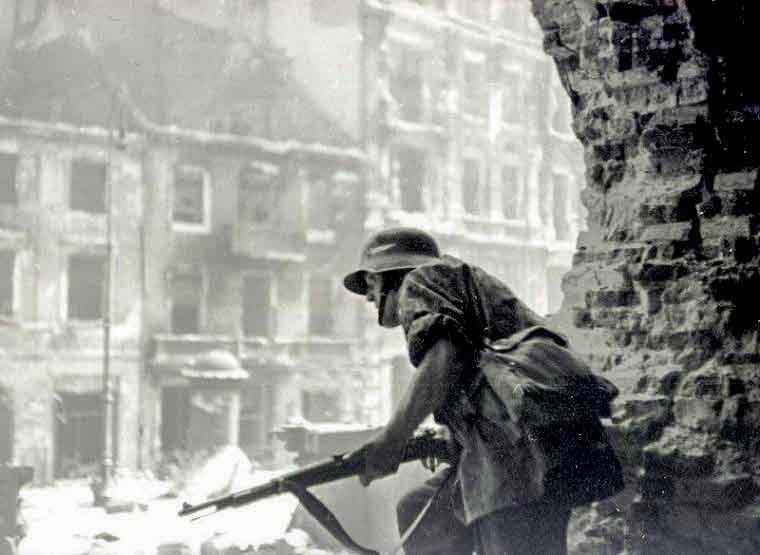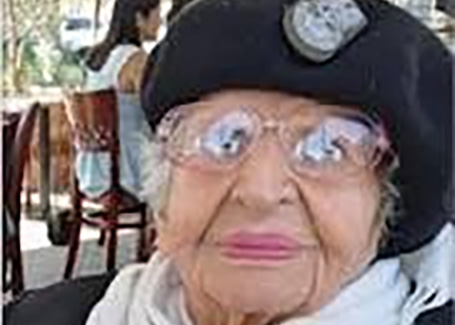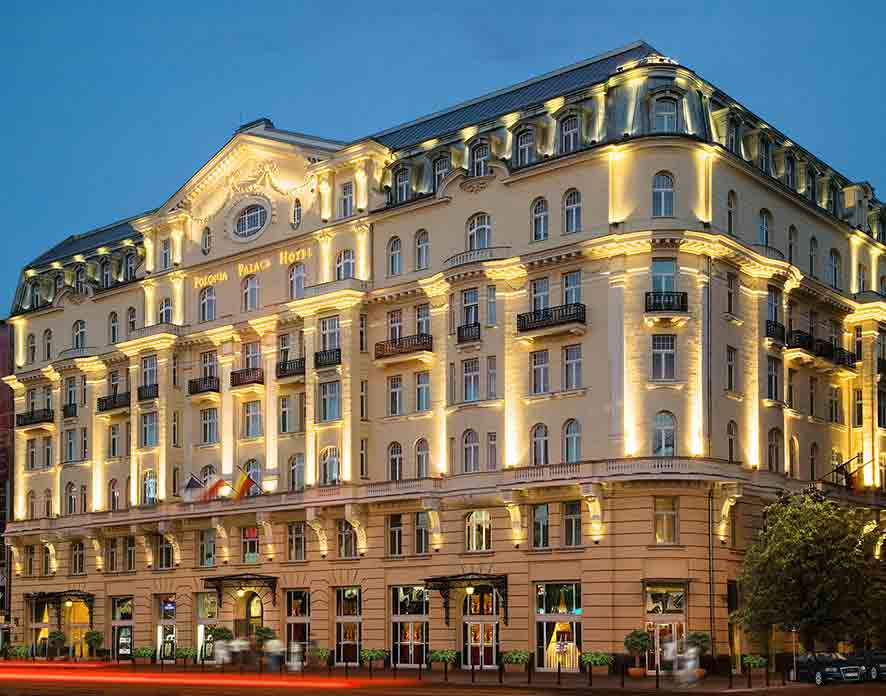On August 1, sirens will sound at 5 p.m., the buzz of conversations will seize, and the traffic will freeze for a minute. The Poles will pay tribute to the heroes of the Warsaw Uprising.
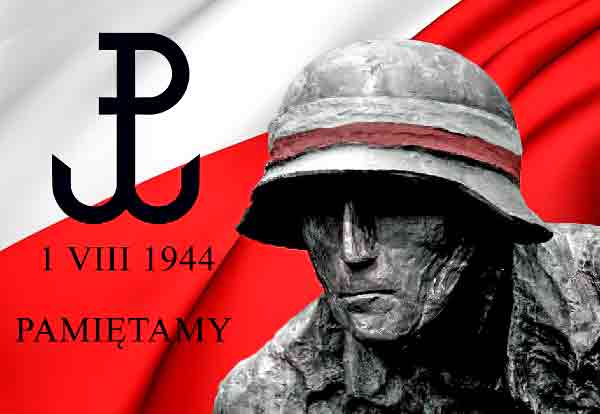
(Source: Wikipedia)
77 years after the uprising broke out, we know a lot about it, although we will never find out everything because each life related to the uprising is an individual story of personal defeat and glory. Historians have discovered many documents, presented arguments for and against its place in Polish and world history.
We know that the hour "W", the moment of the uprising's outbreak, was set at 5:00 p.m. on August 1, 1944, that the order was given by the General of the Home Army, Tadeusz Komorowski, "Bór". The purpose of the uprising was to liberate Warsaw, the capital of Poland, from German occupation before the Red Army entered, then reveal the underground structures of the Home Army and establish legal authorities of the Polish state.
The uprising was to last several days — it lasted 63 days. The insurgent forces numbered about 40,000 soldiers and 18,000 law enforcement. On August 1, only 18-37 thousand joined the action, as not all of them managed to get their weapons from the caches, or did not reach the assembly points. This number was constantly changing, as volunteers from other independence armed formations, including Armia Ludowa (The People's Army), the National Armed Forces, the few surviving insurgents from the Warsaw ghetto, many "blue" policemen and soldiers of the Kościuszko Division who crossed the Vistula river to Śródmieście (Central Town) to support the insurgents. Historians agree that the total armed forces of the uprising amounted to about 48,000. About 300 foreigners from 20 different countries also fought for the freedom of Warsaw.

Tadeusz "Maszynka" Rajszczak (left) and two other young soldiers from the "Miotła" Battalion, 2 September 1944 (Source: Wikipedia)
On the day of the outbreak, against the Germans armed with tanks and heavy artillery, supported by the air force, the insurgents had 2,500 pistols, 1,475 rifles, 420 machine guns, 94 hand-held machine guns, and 20 heavy machine guns, gasoline bottles and flamethrowers of their own production. Very often, they lacked ammunition for their weapons.
The Home Army soldiers did not have coordinated uniforms, they fought in civilian clothes and in captured German helmets. Externally, they distinguished themselves from their enemies by their white and red bands, eagles on their caps, and trimmings on their collars.
Hitler, upon the news of the outbreak of the uprising, ordered carpet air-raids to begin on Warsaw. The Luftwaffe was to suppress the uprising and "raze Warsaw to the ground". Reichsfuerer-SS Heinrich Himmler and the Chief of General Staff of the Supreme Command of the Land Forces, General Heinz Guderian, who ordered the murder of all the inhabitants of the Polish capital, rushed to the rescue of the imprisoned Germans in Warsaw. The "relief forces" included, among others, hastily organized troops consisting of collaborators, common criminals, and various types of nationalists.
Faced with such a balance of forces, the insurgents had no chance of victory. They put at stake their youthful enthusiasm and fervent patriotism, suffering and the humiliation of the defenseless, civilians of the capital.
The 63 insurgent days consumed around 18,000 Home Army soldiers and around 180,000 civilians. The surviving inhabitants of the capital were expelled from the city to a transit camp in Pruszków, and from there they were sent to various concentration camps.
After the fall of the uprising, Warsaw was systematically destroyed by the Germans. One by one, whole city quarters, architectural monuments and public buildings were blown up. Stone on stone was not to be left from the Polish capital.
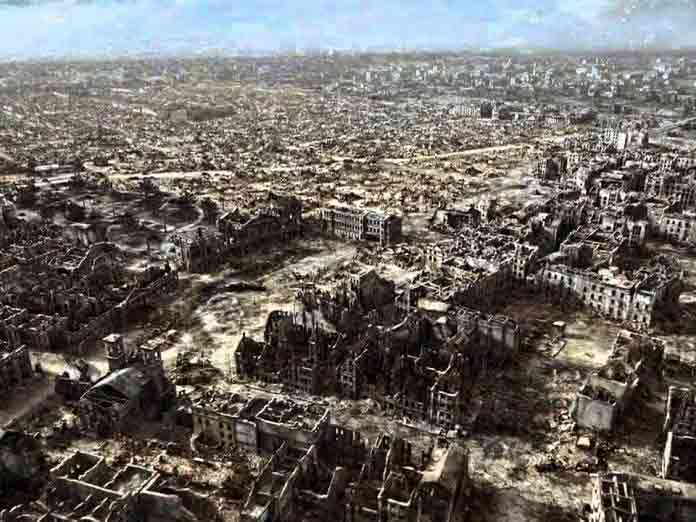
A still from the movie "Miasto Ruin" (The City of Ruins) (Source: Wikipedia)
Militarily, the uprising ended in an unimaginable defeat, but politically it was of great importance. Poles demonstrated their desire to regain and maintain independence. The Warsaw Uprising allowed the Polish state, betrayed by all its allies, to keep its separateness. In the uprising, on the altar of freedom, the generation called "the Columbus generation", the best of the best, the most talented, the most sensitive, laid their lives.
While Warsaw was on fire, from the west, armed with the latest tanks, General Maczek's armored troops and soldiers of General Anders' Corps were coming. They only listened to the news from burning Warsaw, but they were not given the opportunity to free it. They brought freedom to Italian, French, Belgian and Dutch cities. Many of the Warsaw insurgents who survived the war found themselves in exile in the United States. Fate scattered them in different places. They worked for Poland everywhere. They organized Polish schools and taught patriotism, supported patriotic and independence movements, passed on their experiences to the younger ones. They were preserving their humanity.
The most prominent Polish poet of the war and the occupation period, who died on the third day of the uprising, Krzysztof Kamil Baczyński, in his poem "Generation," asks about his generation: "Will we be the carved pages of the Iliad, will they put a cross on our graves out of pity?"
The time has come when we should all be able to answer the questions posed by the poet. To lose does not mean to be defeated. If we save their memory, if do not allow the silence after the insurgents, after our heroes, to persist, then we save everything they fought for, everything that is the most precious, we save humanity.



